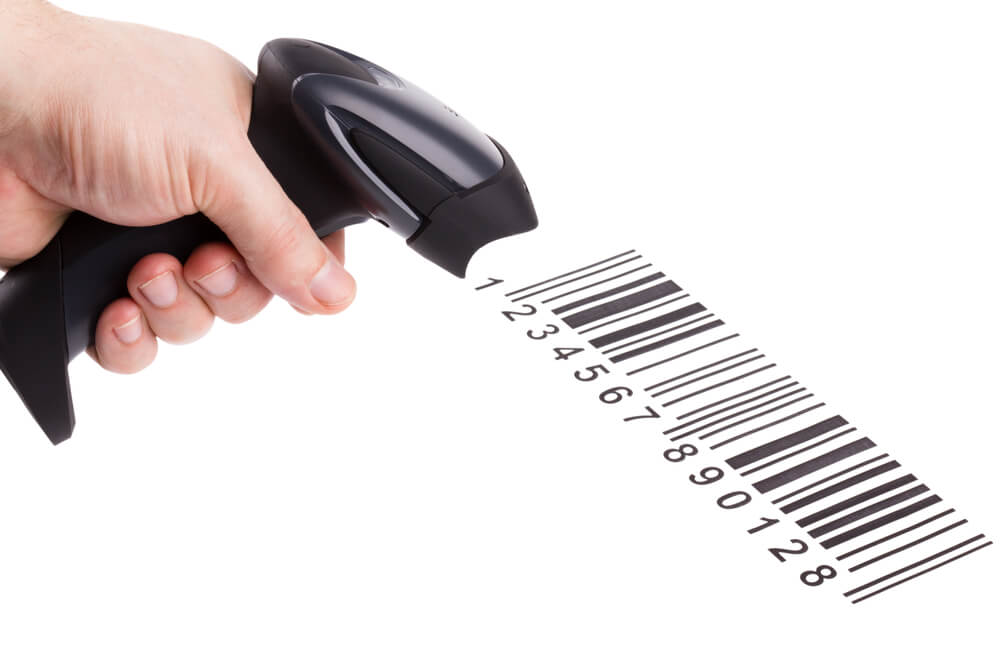Compact Barcodes Scanners for Effortless Inventory Tracking Anywhere
Compact Barcodes Scanners for Effortless Inventory Tracking Anywhere
Blog Article
Picking the Right Barcode Scanner for Your Business Demands
Choosing the proper barcode scanner for your business calls for a nuanced understanding of your details functional demands and ecological problems. Factors such as scanner type, speed, and compatibility with existing systems play a pivotal duty in determining the appropriate selection.
Recognizing Barcode Scanner Kind
When it involves selecting a barcode scanner, understanding the different types offered is important for conference details business demands. Barcode scanners can be classified into several kinds, each made for different applications and environments.
Fixed-mount scanners, on the other hand, are made for high-volume scanning applications, typically located in assembly lines or check out counters. These scanners are mounted in a fixed placement, enabling for rapid scanning of several things in succession.
An additional type is the mobile computer system, which integrates scanning capacities with computing power. These tools are suitable for area operations or warehouse management, allowing data collection and real-time inventory monitoring. Additionally, there are commercial scanners that are developed to hold up against extreme environments, such as severe temperatures or direct exposure to dirt and moisture.

Secret Features to Consider
What vital functions should services focus on when selecting a barcode scanner? Firstly, scanning rate is essential, as faster scanners boost functional performance, especially in high-volume environments. The scanner's capability to read different barcode styles is likewise important; ensure it supports preferred kinds like QR codes, UPC, and Code 128 to suit diverse inventory products.
Resilience is another key feature, especially for companies in rugged setups. Try to find designs that are built to withstand drops, dust, and dampness. Furthermore, think about the connectivity alternatives offered; whether you choose USB, Bluetooth, or Wi-Fi, the right connectivity can boost combination with existing systems.

Assessing Your Organization Environment
To properly select a barcode scanner, organizations have to take supply of their specific operational setting. This assessment consists of reviewing the physical layout of the office, the nature of the products being checked, and the common problems under which scanning takes place. A retail atmosphere might call for portable scanners that can quickly process deals at the checkout, while a stockroom setting might benefit from ruggedized scanners created to sustain harsher problems.
Additionally, take into consideration the volume of scanning needed. High-throughput settings might demand innovative scanning technologies, such as fixed-position scanners or smart phones that can operate effectively in hectic scenarios. The assimilation capacities with existing inventory management systems also play an important role; ensure the chosen scanner can perfectly link with software program systems in usage.
A scanner that satisfies current needs may not be enough as business expands. By completely evaluating these factors, businesses can pick a barcode scanner that not only fulfills instant needs but additionally supports long-term functional performance and flexibility. barcodes scanners.
Budgeting for Your Scanner
Having actually analyzed the operational environment and recognized the particular demands check this site out for a barcode scanner, the next action includes careful budgeting to ensure a smart monetary investment. Establishing a budget plan starts with determining the general prices connected with the scanner, consisting of preliminary acquisition price, functional expenses, and prospective upkeep fees.
When picking a barcode scanner, consider the series of available choices, from portable devices to fixed-position scanners, as costs can differ considerably. It is important to balance expense with functionality; opting for a much more inexpensive version may cause raised operational ineffectiveness if it does not meet your business requirements.
Along with the equipment, factor in costs connected to software program, training, and potential upgrades. While it may be appealing to lessen ahead of time expense, investing in a quality scanner that aligns with your operational demands can produce long-lasting cost savings via boosted performance and reduced downtime.
Lastly, think about the total cost of ownership, which encompasses the scanner's lifespan and potential resale value. By carefully planning your budget, you can make certain that your investment in a barcode scanner will enhance your operational performance and economic efficiency.
Assimilation With Existing Solution
Integrating a barcode scanner with your existing systems is critical for optimizing its efficiency and making sure seamless operations. barcodes scanners. A well-integrated scanner enhances operations effectiveness, decreases errors, and accelerates information handling. When choosing a barcode scanner, consider compatibility with your existing software program and equipment facilities, find out this here including your inventory management systems, point-of-sale (POS) systems, and venture source planning (ERP) solutions
Evaluate whether the scanner makes use of common protocols such as USB, Bluetooth, or Wi-Fi, which can assist in simple assimilation. In addition, analyze whether the scanner's software program supplies APIs or SDKs that permit customization and integration with exclusive systems. This is especially important for organizations with special operational needs.
As your organization expands, your systems should be able to accommodate additional scanners and deal with boosted information quantities without significant reconfiguration. Eventually, investing in a barcode scanner that effortlessly incorporates with your existing systems will certainly produce long-lasting advantages, enhancing precision, performance, and total performance within your procedures.

Verdict
In verdict, picking an appropriate barcode scanner requires a comprehensive examination of numerous factors, consisting of scanner types, crucial attributes, and the particular company environment. Correct budgeting for both purchase and operational costs is crucial, alongside ensuring compatibility with existing you could try this out systems. By carefully considering these components, organizations can improve efficiency and performance, eventually resulting in improved functional outcomes. The appropriate barcode scanner works as an important device in enhancing processes and facilitating reliable inventory monitoring.
Report this page